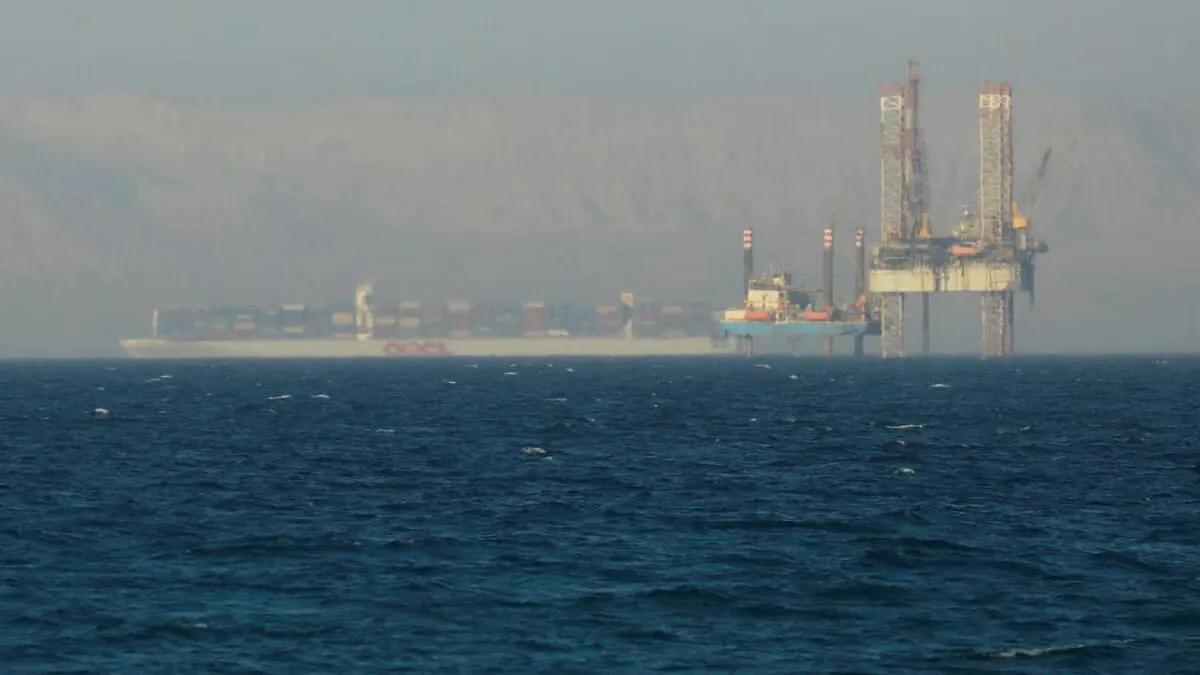Mumbai: Recent reports suggest that the ongoing crisis surrounding the shipping route in the Red Sea will have effects on various industries. This crisis began when Houthi rebels, based in Yemen started frequently attacking ships traveling through the Red Sea route. The escalation of these attacks followed the Palestinian conflict that started in early October 2023. Currently both US and British forces are actively engaged in counter attacking against these militants.
The domestic companies heavily depend on the Red Sea route, facilitated by the Suez Canal for conducting trade with Europe, North America, North Africa and parts of the Middle East. In the fiscal year these regions accounted for 50% of the countrys exports (equivalent to Rs 18 lakh crore) and 30% of imports (totaling Rs 17 lakh crore).
According to a report by Crisil Ratings, the countrys overall merchandise trade reached Rs 94 lakh crore in the fiscal year. It is worth noting that 68% of this trade value and approximately 95% of its volume were sea borne. Importantly this crisis is impacting supply chains related to imports such as DAP from Saudi Arabia rock phosphate from Jordan and Egypt and phosphoric acid, from Jordan.
Industries that deal with products and marine foods are facing significant challenges because their goods are perishable and their profit margins are thin. On the hand industries such as textiles, chemicals and capital goods may not be immediately affected because they have the ability to pass on higher costs or are less dependent on trade cycles.
Due to the crisis there has been an increase in freight rates. For example container rates from Shanghai to Northern Europe have risen by than 300% since November 2023. Some shippers are now considering alternative routes like bypassing the Cape of Good Hope. However this would not add 15 20 days to delivery times but also significantly increase transit costs.
Exporters of commodities like Basmati rice and marine products such as shrimps and prawns are feeling the pressure from rising freight costs. This is affecting their ability to compete globally. Textile manufacturers, chemical companies and producers of capital goods may face challenges too if the crisis continues. They might experience stretched working capital cycles and delays in receiving orders.
While some sectors like shipping companies and freight forwarders may benefit from freight rates if the crisis persists it could have a profound impact on India Inc. Supply chain disruptions could intensify, leading to reduced trade volume, across industries and renewed inflationary pressures.
—Input from Agencies

